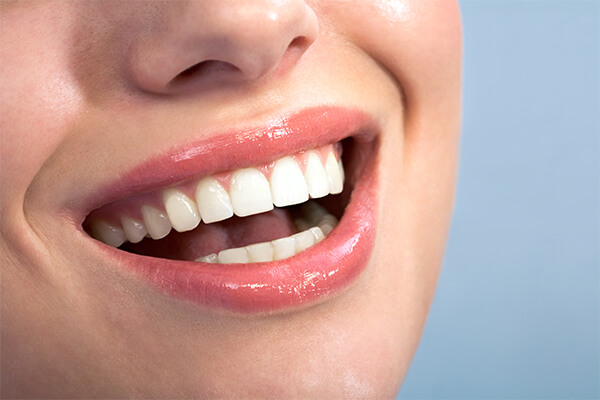The question is: How often and when are dental X-rays needed? Many people do not understand the importance of updated imaging. The answer in some cases might be that you don’t need radiographs each year, but every 18-24 months.

The need for radiographs is in part, based on your risk for developing decay, habits, previous history of decay and many other factors. It is our job as clinicians to tailor the need for radiographs to each patient. That being said, a majority of individuals are at a moderate-high risk for developing decay, which is why in most cases yearly radiographs are recommended.
Dental X-Rays
The frequency of needing dental X-rays depends on your dental health status. This radiographic tool provides the dentist with pertinent information that cannot be obtained with a visual oral examination.
Cavities that appear in the visual exam can only be seen on certain surfaces or teeth, or when they’ve already increased in size. Depending on your personal risk factors for decay, cavities can sometimes progress very rapidly, sometimes changing drastically within 12 months. X-rays also allow us to monitor bone levels and any bone loss progression due to periodontal disease.
Multiple Layers of the Tooth
Each X-ray allows us to see into the multiple layers of the tooth. There are three layers of tooth structure: enamel, dentin, and pulp chamber. When a cavity is still in the enamel layer, it will progress more slowly.
When it surpasses the enamel and reaches the dentin layer of the tooth, it will progress more quickly. The accelerated advancement at this stage is due to the softer structure of the dentin.
Even if a cavity does not infect the pulp chamber (the inner portion of the tooth containing nerves and blood vessels), a cavity in close proximity, is sometimes enough irritation for the nerve of the tooth to become inflamed, causing irreversible pulpitis, typically resulting in a root canal.

Drastically Decreasing Radiation Exposure
With today’s technology, dental X-rays emit only a very low level of radiation. If you have concerns, please do not hesitate to discuss them with us. It is never our goal to expose anyone to unnecessary radiation. In fact, all of our x-ray machines are completely digital (drastically decreasing radiation exposure) and lead aprons are available to anyone.
We will discuss your particular risk factors and our recommendations for radiographs. You are ultimately in the driver’s seat and have every right to determine what treatment you do or don’t receive and we are willing to discuss this further at any of your visits.
References
American Dental Association – https://www.ada.org/en/member-center/oral-health-topics/cannabis
Leafly – leafly.com/news/health/is-cannabis-ruining-your-teeth

Meet a practice where dentistry is friendly and patient-focused! Our team members have been part of our practice for many years and have turned making patients feel comfortable into a fine art.
